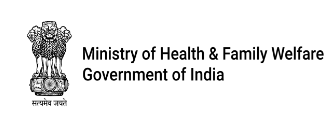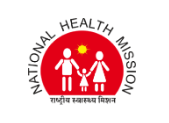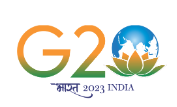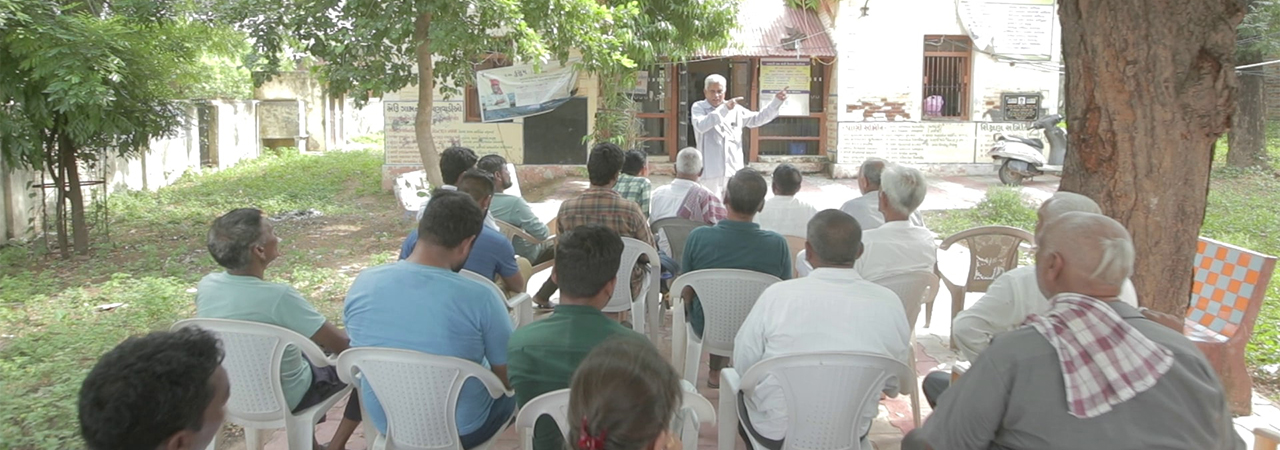





Ayushman Gram Panchayat/ Ayushman Urban Ward is a status awarded to a village / ward that has been able to achieve the following parameters in Table 1 up to March 2024. A 100% coverage is envisaged within the given time frame. The indicators will be assessed against the total population as per the household population enumeration by ASHA.
The indicators being considered for achieving the Ayushman Gram Panchayat/ Ayushman Urban Ward status is as follows
| Parameter | Coverage |
| Ayushman card distribution (above 5 years of age) | 100% |
| ABHA ID generation (above 5 years of age) | 100% |
| Screening for non-communicable diseases (NCD) (diabetes & hypertension) - 30 years and above |
100% for diabetes and hypertension |
| Number of Presumptive TB examination- 30 per 1000 population per year (TB related) | 100% |
| Number of TB patients with treatment outcomes given as success (more than 85%) | 100% |
| Screening for sickle cell disease (SCD) and Card Distribution (0-40 years) - as applicable | 100% |
Any village or ward which has been able to achieve the above-mentioned coverage shall be awarded the status of ‘Ayushman Gram Panchayat’ or ‘Ayushman Urban Ward’.
The targets can be achieved by leveraging the services available at the facility level and outreach camps. Additionally, weekly Health Melas will be utilized to reach the targets. Role of PRIs, VHSNCs/MAS/ Ward Committee and JAS will be important in social mobilization and community participation to achieve these.
Every eligible individual above 5 years of age shall be encouraged for Ayushman card generation. An approach should be adopted to saturate Ayushman card generation for all eligible candidates. Every eligible individual visiting the facility, during Health Melas and outreach camps shall be motivated to get registered.
The responsibility of implementation of any component of Ayushman Bhav related to PMJAY will lie with respective CEO, SHA and that of ABDM will lie with SMD.
ABHA ID is a unique ID that consolidates the health records of an individual. A universal approach shall be adopted for 100% coverage of ABHA-ID generation of individuals 5 years and above. Every individual visiting the facility shall be motivated to get their ABHA-IDs generated. Additionally, AYUSHMAN AROGYA MANDIR team members while visiting the community during outreach camps shall motivate and encourage community members for the same.
NCD screening involves screening for Hypertension & Diabetes. On being screened, the patient is connected with the PHC-MO through teleconsultation for treatment initiation. If required, the patient is further referred to higher facilities. Drugs are dispensed according to the prescription made and the patient is followed up monthly.
CHOs with the assistance of ASHA should ensure that 100% of the population over 30 years undergo screening, diagnosis, treatment initiation and follow-up. Every individual 30 years and above should be screened for Hypertension and Diabetes once annually.
SCD screening will be conducted across 17 states with a high prevalence of SCD. Screening for SCD will have a universal approach for persons within the age group of 0 to 40 years. The screening of SCD cases could be done through a targeted group approach as follows:
Every individual who is screened shall be provided with a Sickle cell card and registered on the Sickle cell portal/ application. Sickle cell cards have the status of diagnosis (Normal, Diseased or Carrier). The cards shall be used extensively for the purpose of genetic counselling through premarital and pre-conceptional counselling.
With respect to the ‘Ayushman Gram Panchayat/Ayushman Urban Ward’, the village/ward to ensure that a minimum of 30 individuals per thousand population to be examined for presumptive TB in a year. Further, all the identified TB patients in the village/ward to be put on treatment
The information is available in Ni-Kshay portal. The PRIs shall be engaged in playing the key role of change makers to motivate people to adopt TB preventive behaviours and mobilize them to utilize screening and treatment services so that incidence of TB in their jurisdiction of panchayat/ward is prevented and panchayat moves towards TB free status.
The process of the Ayushman Panchayat assessment and certification should be done in close coordination of the Gram/ Nagar panchayat, ASHA, CHO/ MO, Block Development Officer/ Assistant or Deputy Commissioner and District Administration. Once the Gram/ Ward Panchayat achieves 100% of the target, Gram / Nagar Panchayat shall submit the Ayushman Panchayat application for certification to the Block Development Officer/ Assistant or Deputy Commissioner. The following are the steps of certification:










National Health Systems Resource Centre,
NIHFW Campus, Baba Gangnath Marg,
Munirka,
New Delhi 110067
91-11-2610-8983/84/92/93


